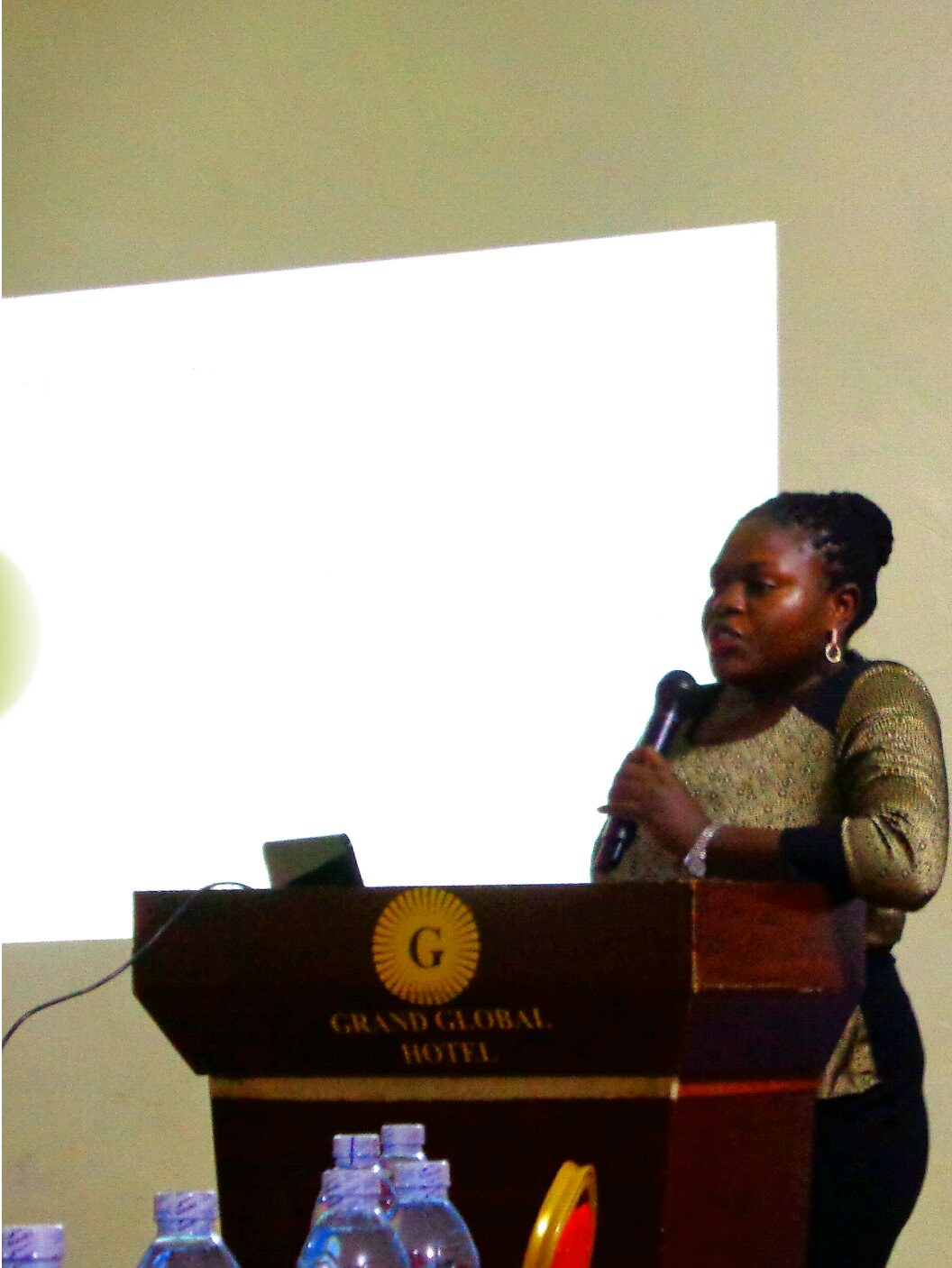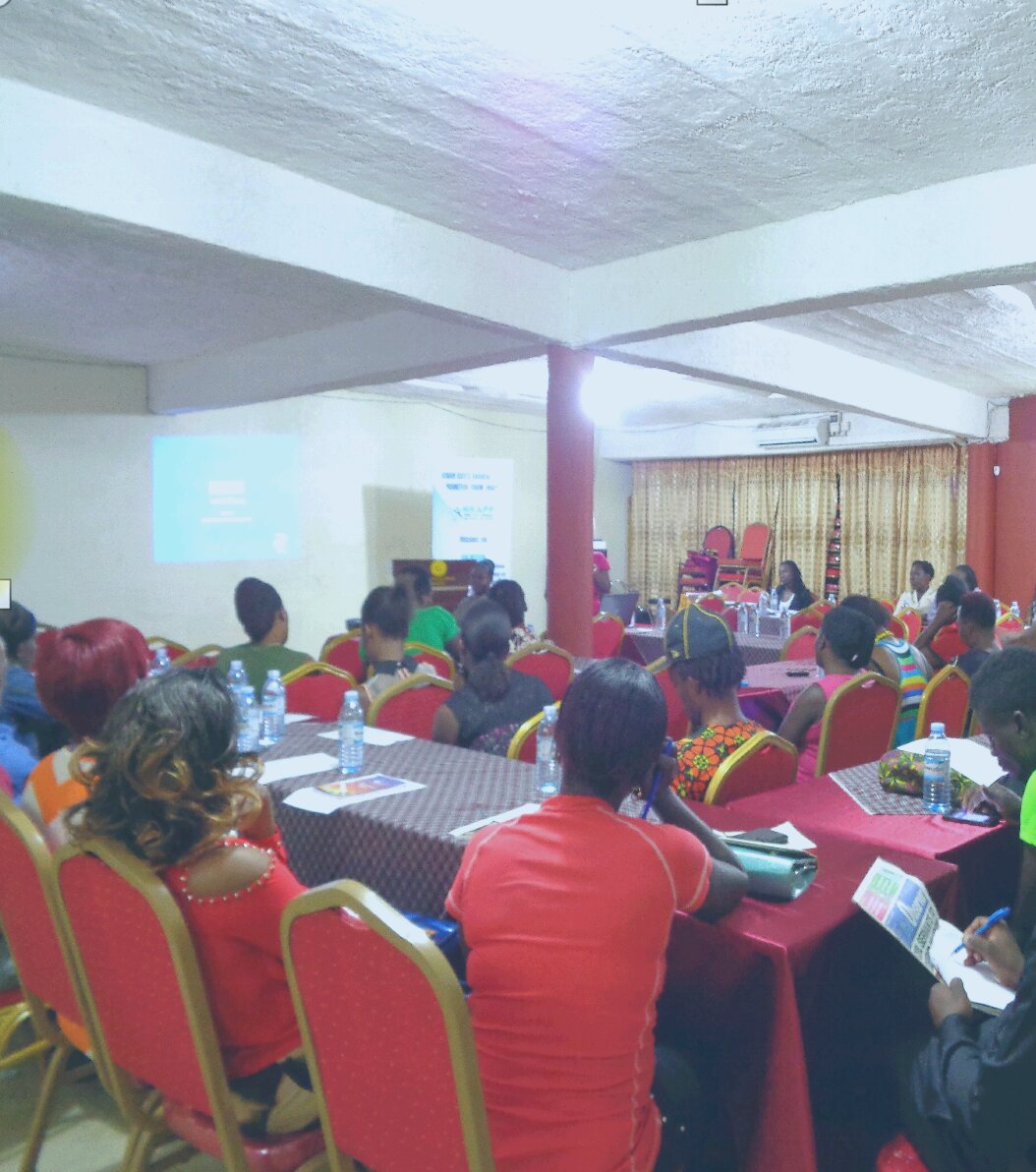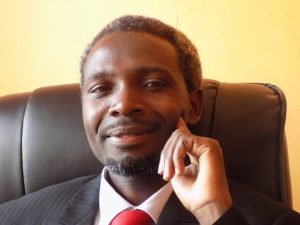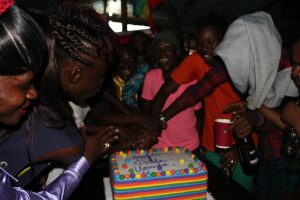By Barigye Ambrose
Hrapf Holds A Meeting For Organizations Working On LGBTI And Sex Work Issues Highlighting The Legal Provisions And Implications Of The NGO Act 2015 In Relation To Their Work:
On 7th December 2015, Human Rights Awareness and Promotion Forum held the first meeting ever since the passing of the NGO ACT 2015 for members from organizations working on LGBTI and sex work issues together with representatives from other mainstream human rights organizations.
The main purpose for this meeting was to bring to light the legal implications of this Act towards the advocacy work for the rights of sexual minorities in Uganda. Prior to the passing of the same bill, HRAPF held 7 consultative meetings with LGBTI and sex work communities trying to break down the content of the bill for members to understand what this was all about, HRAPF further made an analysis on how the bill would affect organizations working on socially blacklisted issues of the marginalized groups, these organizations include those working on Lesbian, Gay, Bisexual, Transgender and Intersex (LGBTI) rights and issues, sex worker rights and issues, access to safe abortion issues, those protecting religious minorities and those working with persons charged with terrorism and other serious crimes. HRAPF further analysed committee recommendations to the bill and constantly kept updating members on the progress of the bill on different social media platforms.
Through plenary discussions, particiapants raised concerns in relation to the Act as many suggested that some advocacy strategies be in adopted in order to challenge the law that may become a barrier to the advocacy on the rights of sexual minorities. Whereas the majority is in support of strategies like petitioning the NGO Act 2015, other members still contest that it would be wise to keep a low profile and monitor the progress instead of making rushed decisions which may have a huge backlash to their work.
It would be wise if we kept quiet as of now and monitor the progress of the bill instead of rushing to start campaigns about challenging the bill, if we as LGBTI or sex workers come out now to start advocating against the act even before the presisent assents, it will portray us as group of people who are always attracting attention for special rights but we should know that this bill is not targeting the sexual minorities but the entire civil society fraternity”-Ntebi Sandra an LGBTI activist said
Background
On Friday, 27th November 2015, the parliament of the Republic of Uganda passed into law, The Non Governmental Organizations Bill 2015. The Bill now only awaits Presidential assent to become an Act of parliament. The Bill which was published in the Government Gazette on 10th April 2015, and shortly tabled in parlaiment seeks to replace the current Non Governmental Act, Cap 113 as amended. According to its memorundum, the Bill seeks to: replace the existing Act, provide a conducive environment for Non Governmental Organizations( NGOs) to operate, strengthen and promote the capacity of NGOs, provide for corporate of the National Board of Non Governmental Organizations (NGO Board) and strengthen its capacity to register, regulate and monitor NGOs, to establish regional offices of the NGO Board, and Non Governmental Organizations Monitoring Committee at District and sub county levels, establish a fund for NGOs, and provide for special obligations of NGOs.
This contains 51 different provisions.
In general, the Bill as passed still possesses a great threat to organizations working on issues of marginalized groups such as LGBTI, sex workers, drug users and other key population groups in the following ways;
- Under the provision of mandatory registration of NGOs, this would require all organizations to register but this is a limitation on the right to freedom of association covering unregistered entities. For organizations working on issues concerning marginalized and criminalized persons, the requirement for mandatory registration with the NGO board would make it difficult for them to operate at all since they have to reserve a name which may be rejected due to the criminal laws and the obkectives may be rejected leading to the organization being denied registration.
- As per the provision of Registration and Incorporation of Organizations, this would make organizations working on criminalized and socially blacklisted issues ineligible to register, because their application would be rejected because their work contravenes the law and it would not be in public interest to register them and the Board can provide any reasons including that they are undesirable.
- Broad and Undefined Offences. This is a broad and undefined offence that unfairly makes organizations dealing with issues that are disapproved of by the general public susceptible to criminal liability, since the Bill prohibits organizational activities that are prejudicial to public interest.
- Concerning the provision of Dual liability of the organization, this very provision is contrary to the principle of corporate personality which is to the effect that an organization is separate from its members and directors, save in circumstances of fraud. It would give flexibility for the arbitrary arrest and prosecution of directors and officers of organizations that are deemed to commit offences, simply because they engage in work that involves issues relating to persons whose acts are criminalized.
- Revocation of an orgainzation permit. This provision threatens the right to freedom of association of organizations dealing with issues that are unpopular among members of the public, since the board has the discretion to arbitrarily revoke their operating permits on the premises of it being in public interest to do so. The term ‘public interest’ is not defined in the bill and it is therefore subjective and subject to abuse.
- General Powers of the NGO Board to inspect organization premises. Such unannounced investigations would be a violation of the right to privacy for organizations. It would also disproportionately affect organizations whose beneficiaries include those whose activities are criminilized, and considered immoral by society as they would most likely attract the inspectors more in order for them to find out what the organizations are doing. It would also make it hard for them to operate smoothly since they would always be in fear of being ambushed and arbitrarily subjected to inspections that mey result into criminal prosecutions.
- Special obligations of organizations. These obligations expose organizations working on criminalized conduct to arbitrary prosecution due to their work being regarded as causing insecurity as they are regarded as ‘foreign agents’. For the issue of interest of ugandans, it can be argued that work on protecting persons who may be engaged in criminalized conduct may not be in interest of ugandans, and finally as regards dignity of uganda, work on issues like homosexuality, and sex work may be seen as being in violation of the dignity of ugandans. Since these terms are undefined, these organized are likely to fall foul of them.
- Dissolution of organizations. This provision threatens the right to freedom of association and assembly for members and officers of organizations dealing with socially unpopular issues, since they can easily be wound up in pursuit of public interest.
- Appeals to be made to the minister and powers of the minister. Since the minister appoints and disappoints members of the board, and is also in charge of overseeing the activities of the Board and even issues guidelines to the Board on how the board should operate which are binding on the Board. These powers make the Board highly vulnerable to the views and opinions and directions of the minister and therefore appealing to him/her is contrary to Article. 28 (1) of the 1995 Constitution, which provides, inter ali, that in the determination of civil rights and obligations, a person shall have a right to a fair hearing before an impartial court or tribunal. It implies that if the minister is interested in a particular organization being denied a permit, he can direct the Board to do so, and yet appeals have to go to him/her.
(The analysis of how the NGO Act 2015 will affect the work of sexual minorities in uganda is made in reference to; Commentary on the Recently Passed NGO Bill 2015 And Its Implications On Organizations Working On The Rights Of Marginalzed Persons Produced on 30th November 2015 by Human Rights Awareness And Promotion Forum-H.R.A.P.F)





